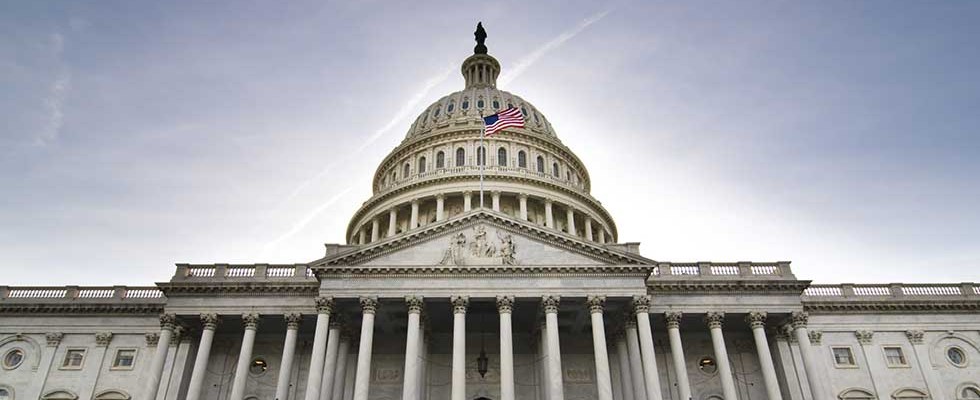
The annual proposed rule for Medicare home health services, which the Centers for Medicare & Medicaid Services (CMS) released in June, includes an estimated 4.2% or $810 million decrease in aggregate payments. The rule would apply to calendar year 2023.
An analysis of the rule from the National Association for Home Health & Hospice (NAHC) revealed that 44% of home health agencies would operate at a loss in 2023 if the rule moved forward as proposed. The home health industry reacted strongly to the news and jumped into action to halt the proposed cuts.
“The stability of home health care is at risk because of CMS proposing the application of a fatally flawed methodology for assessing whether the Patient Driven Groupings Model led to budget neutral spending in 2020 and later years,” said William A. Dombi, president of NAHC.
“In its actions, the administration is undermining providers’ ability to deliver these critical services. … CMS is unfairly assuming all providers are bad actors. This is not acceptable,” said Katie Smith Sloan, president and CEO of LeadingAge.
“Considering that access to home-based care has become increasingly important to the health and safety of American seniors, it is very troubling that CMS would propose such steep rate cuts for next year and potentially even deeper cuts in the future,” said Joanne Cunningham, CEO of the Partnership for Quality Home Healthcare.
In late July, Sens. Debbie Stabenow (D-Michigan) and Susan Collins (R-Maine), introduced the Preserving Access to Home Health Act. A House version of the bill soon followed, initially sponsored by Rep. Terri Sewell (D-Alabama).
If passed, the act would freeze current Medicare reimbursement rates for home health through 2026, but requires any make-up payments discovered then to be paid by 2032 in order to keep everything within the current 10-year budget cycle. It focuses solely on the payment issue, not on other adjustments in the proposed rule. The bill is designed to be budget neutral.
Timing Matters
NAHC said the introduction of the bill in late July was a strategic move, designed to get the ball rolling before Congress recessed for and public comments closed mid-August. The goal is to influence CMS to adjust the rule. If not, the language could go into a budget reconciliation package or legislation regarding the public health emergency. The bill’s provisions did not make it into the recently passed Inflation Reduction Act.
Why it Matters
In the face of massive staffing shortages and rising costs, more than 1,000 agencies have closed in recent years, cutting access to home health care for more than 300,000 Medicare beneficiaries. Increased cuts would harm agencies’ ability to staff up and cover the growing demand for their services.
Did you know?
The Partnership for Quality Home Healthcare conducted a poll in late July that found 76% of registered voters over age 65 would be less likely to support their member of Congress if they were in favor of making these cuts to Medicare home health services.
